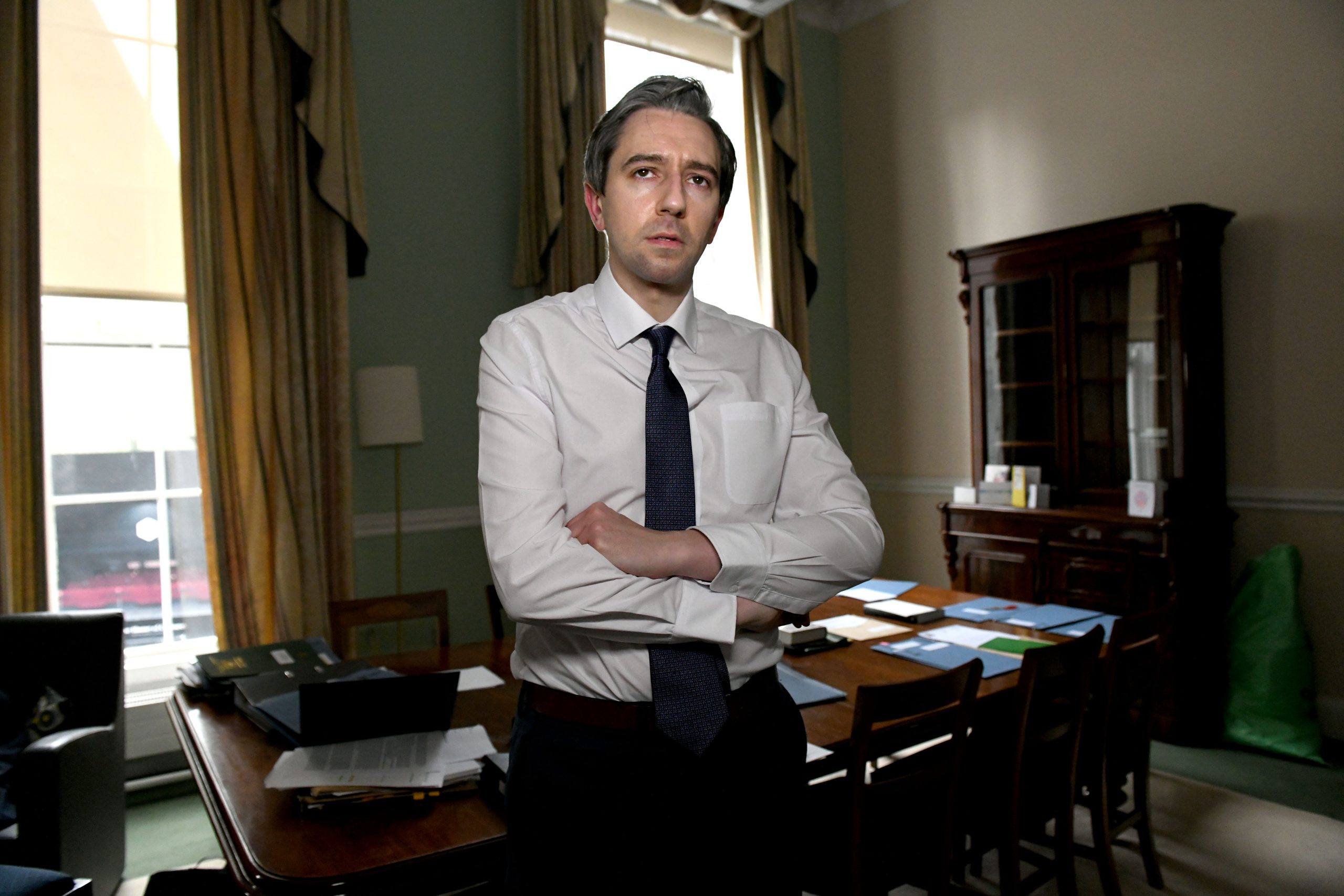Nothing is more expensive than a missed opportunity. Simon Harris has a rare one. In the history of the state very few government departments have been created from scratch. Harris’ department is basically the department of skills and science, basically, but it has a far longer name. Formally Harris is Minister for Further and Higher Education, Research, Innovation and Science. The role his department plays is potentially transformative, with a projected 320,000 or more jobs destroyed as a result of Covid-19, a further and higher education sector in need of reform and reimagining, low levels of life-long learning, and a…
Cancel at any time. Are you already a member? Log in here.
Want to continue reading?
Introductory offer: Sign up today and pay €200 for an annual membership, a saving of €50.

